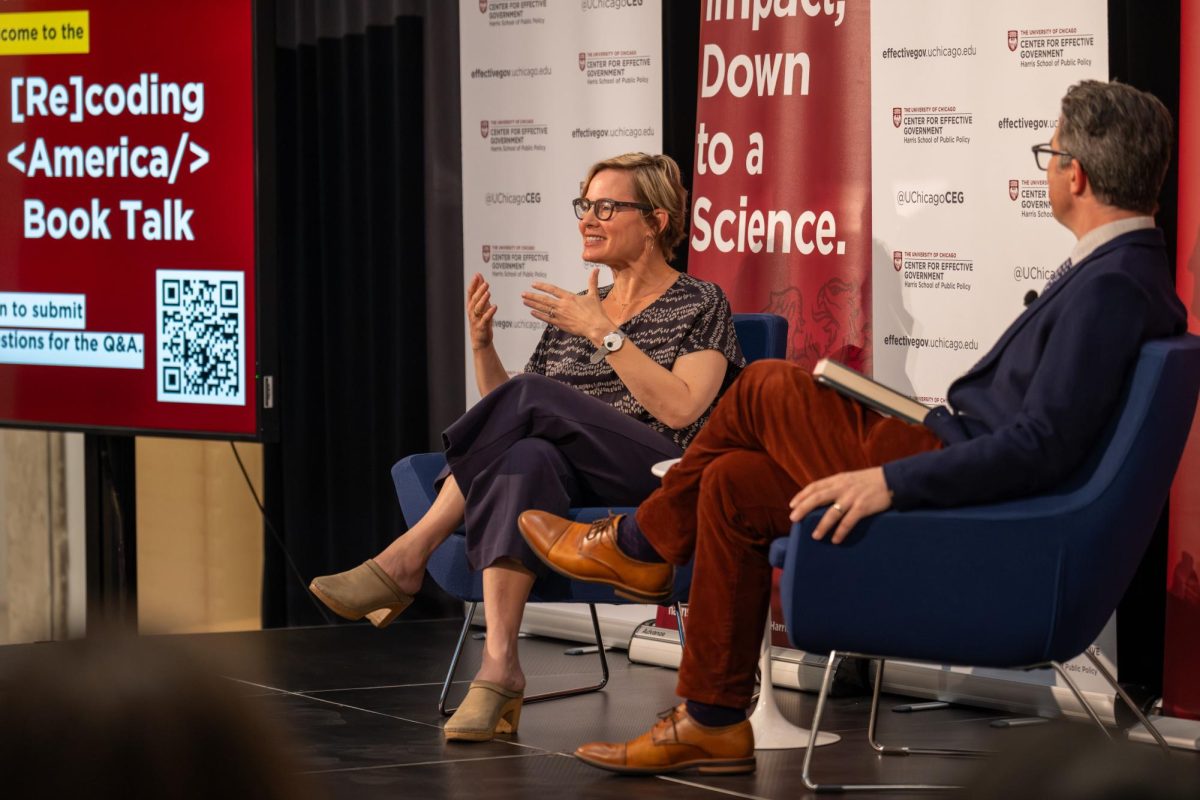A University of Chicago student has admitted to posting a racially charged Facebook status which they had previously claimed was a hack by the UChicago Electronic Army (UEA). The University had been investigating to find who was responsible for the initial incident of hate speech.
As previously reported in the Maroon, the Facebook account of first-year Derek Caquelin was allegedly hacked last week by the UEA and a status was posted containing a racial slur and threats of sexual assault. However, at 5:30 p.m. on Monday, Caquelin posted a Facebook status on their personal account in which they claimed responsibility for the incident.
“I am behind this, and only I. No others were involved, so I really would like to ask you to leave them alone. There is no excuse for hate, which includes what I did,” Caquelin wrote in the post.
Caquelin declined to comment any further.
In an e-mail sent to the University on Monday morning, the administration announced that the post was not a hack. It later posted a FAQ on the Campus and Student Life website, after Caquelin’s post admitting their role. The website reads, “It became clear that nobody broke into the Facebook account in question, and that in fact the posting was not the anonymous threat against a student that it first appeared to be.”
The earlier e-mail, written by Karen Warren Coleman, vice president for Campus Life and Student Services, said that the hoax does not affect the University’s interest in promoting diversity and inclusion.
“Whatever its purpose, the language used in this incident does not constitute discourse and will not be tolerated. Its use underlines questions about campus climate already raised in other contexts,” Coleman wrote. “These emerging facts do not in any way diminish the University’s commitment to a diverse campus, free from harassment and discrimination.”
A statement which was allegedly written by the UEA last Wednesday and posted to an anonymous online forum denied involvement in the hack and accused Caquelin of fabricating the accusation.
Vincente Perez, a third-year who is currently leading a campus movement against racial bias, suggested on Monday that Caquelin, who has also been involved in the movement, resorted to a dramatic measure due to the lack of dialogue on race relations on campus. Caquelin’s original post named Perez as a target for a future attack.
“Someone felt they had to show something extreme to get people to care. Think about that. This is not a justification. But think about what the weight of apathy can force people to do,” Perez wrote in an e-mail.
Third-year Nina Katemauswa, a founding member of Students Against On-Campus Racial and Ethnic Discrimination (SACRED), a group formed after the Halloween incident that launched the movement and includes both Perez and Caquelin, said that the original post’s threats of sexual assault made her especially upset. Katemauswa is a sexual assault survivor.
“[The post] made me feel very unsafe and violated initially, and then coming to find out about it made me feel exploited,” she said. “I feel like he turned a serious issue into something that can now be mocked alongside everything else about that post.”
Fourth-year Jaime Sanchez, who co-led the recent protests, said that he does not think that the revelations concerning Caquelin’s Facebook status will affect the work of the students’ movements.
“From the very beginning, our movement was never about particular incidents; it was about addressing the structural problem of everyday micro-aggressive racism on campus,” he said. “It’s unfortunate that this betrayal happened, but it was never even about the Facebook incident to begin with. It was always about the larger culture of intolerance that we should continue to focus on.”
Editor’s Notes: “they/them/theirs” are Caquelin’s preferred pronouns. Katemauswa is a Viewpoints contributor.









